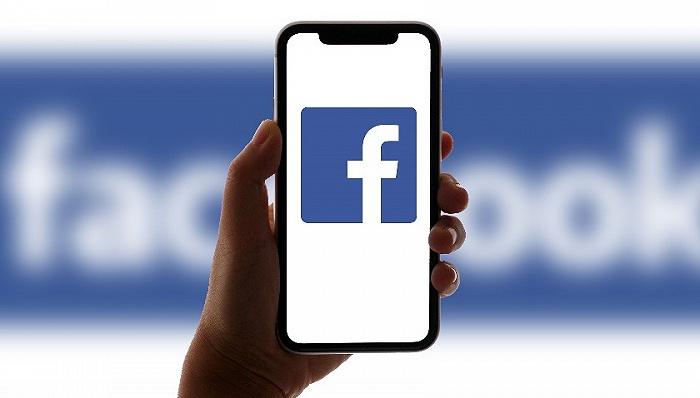New research reveals Facebook use changes how people judge right and wrong. Scientists found people exposed to Facebook content make different moral choices compared to others. The study involved many participants. They looked at different moral dilemmas before and after using Facebook. Results showed a clear shift. Seeing certain posts influenced their decisions. This effect happened fast. People often didn’t realize their judgment changed. Researchers think the platform’s design plays a big role. Algorithms show users similar content repeatedly. This creates echo chambers. People see ideas matching their existing views constantly. This exposure strengthens specific moral positions. It makes opposing views seem less valid. Offline interactions usually offer more diverse opinions. Facebook interactions often lack this balance. The constant stream of content matters too. Users process information quickly online. They might not think deeply about moral issues. Quick reactions become common. Likes and shares offer instant feedback. This rewards certain types of moral expression. The study suggests Facebook shapes moral thinking differently than face-to-face talk. Experts express concern about this influence. They worry about the impact on society. Understanding moral judgment is crucial for group decisions. One researcher commented on the findings. They said social media platforms are powerful environments. They said these platforms can subtly alter fundamental human processes. The team calls for more awareness. They believe users should know about this potential influence. Platform designers also need this information. They can build systems supporting better moral deliberation.
(Research Shows Facebook Affects Moral Judgment)
